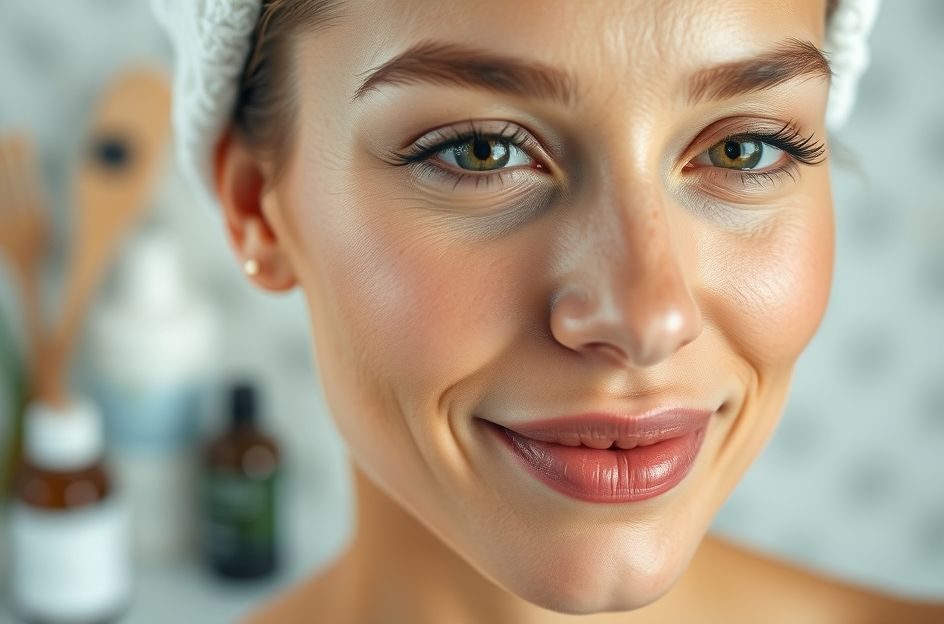Struggling with adult acne? You’re not alone. Finding the right treatment starts with understanding the potential causes and tailoring a solution to your specific needs.
If you battled acne throughout your teens, you might already have a good grasp on managing breakouts. However, if clear skin was a given in your youth, and now you’re facing unexpected blemishes due to hormonal shifts or pregnancy, navigating this new terrain can be frustrating.
When breakouts occur, pay attention to the types of blemishes you’re experiencing. Are you seeing an increase in blackheads, whiteheads, and inflamed pimples? Think back to when your skin was clearer. Were you prioritizing healthy eating, managing stress effectively, and getting sufficient sleep? If so, revisiting those habits is a great first step.
For example, if you used to get eight hours of sleep, drink plenty of water, and eat a diet rich in fruits and vegetables, but now you’re running on four hours of sleep, skimping on water, and neglecting your diet, addressing these lifestyle factors could significantly improve your skin. If changes don’t yield results, it’s time to consult a dermatologist.
When Lifestyle Changes Aren’t Enough, See a Dermatologist
If you’ve made necessary internal adjustments and still struggle with persistent acne, seeking professional guidance is crucial. A dermatologist can pinpoint the underlying causes of your breakouts. For women, hormonal fluctuations, especially during pregnancy, are common culprits. Pregnant women should explore safe, natural skincare options. Non-pregnant women with hormonal acne might consider oral medications or antibiotics, but these should be viewed as short-term solutions. Whenever possible, explore alternative treatments.
For men, adult acne can often be linked to inadequate facial care or stress. Establishing a consistent cleansing and exfoliating routine, combined with a healthy diet, is an excellent starting point. Consulting a dermatologist is also recommended for men to properly assess their skin concerns.
Acne and aging is a complex issue, and there’s no one-size-fits-all answer. Puberty-related body changes, and even the cosmetics women use, can play a role. Your facial skin is comprised of thousands of pores, follicles, skin, and oil glands. An imbalance can lead to infections and outbreaks, potentially causing long-term skin imperfections and scarring.
We’ve touched on potential contributors to adult acne, both internal and external. To discover how to start a program to eliminate your adult blemish problem, seek professional advice from a dermatologist or licensed esthetician who can assess your skin and create a personalized treatment plan.
